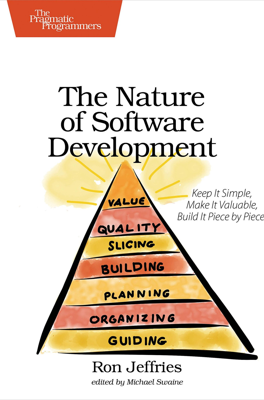Whip the Ponies Harder
Emphasizing Productivity without Compromising Quality
Rejecting High Pressure Management: The chapter strongly opposes the notion of increasing productivity by simply "whipping the ponies harder." Such pressure not only compromises software quality but leads to a higher incidence of defects, and ultimately slows down the development process.
Consequences of Pressure: - Teams may cut corners on testing, leading to more defects. - Code quality deteriorates under pressure, which in turn makes future feature integration more difficult and time-consuming. - The focus on short-term gains in speed often leads to long-term delays and additional costs due to rework and rectification of defects.
Real Productivity Enhancements: 1. Improve Decision Making: Delays often stem from slow decision-making. Streamlining this process can significantly reduce project timelines. 2. Minimize Hand-offs: Reducing transfers of work between individuals or teams can lower the chance of miscommunication and delays. 3. Invest in Skills and Training: Enhancing team capabilities through continuous learning and skill upgrading is essential for genuine productivity improvement.
Strategically Handling Defects: - Address defects promptly to prevent compounding delays. - Adopt practices like Test-Driven Development (TDD) to reduce defect rates.
Velocity as a Tool, Not a Goal: - Using metrics like velocity for forecasting completion or pushing for higher output can be misleading and counterproductive. - Focus on creating complete, releasable versions of the product regularly, prioritizing high-value features.
Management’s Role in Supporting Productivity: - Management should ensure teams possess a comprehensive set of skills to perform tasks autonomously without frequent bottlenecks. - Provide opportunities for professional development that do not impose on personal time or finances, thus genuinely supporting growth and enhancing productivity.
Core Message: Increasing software development productivity should not be approached through added pressure or accelerated timelines. Instead, focusing on skill-building, streamlined decision-making, and efficient project management practices are key to enhancing output without sacrificing quality.
